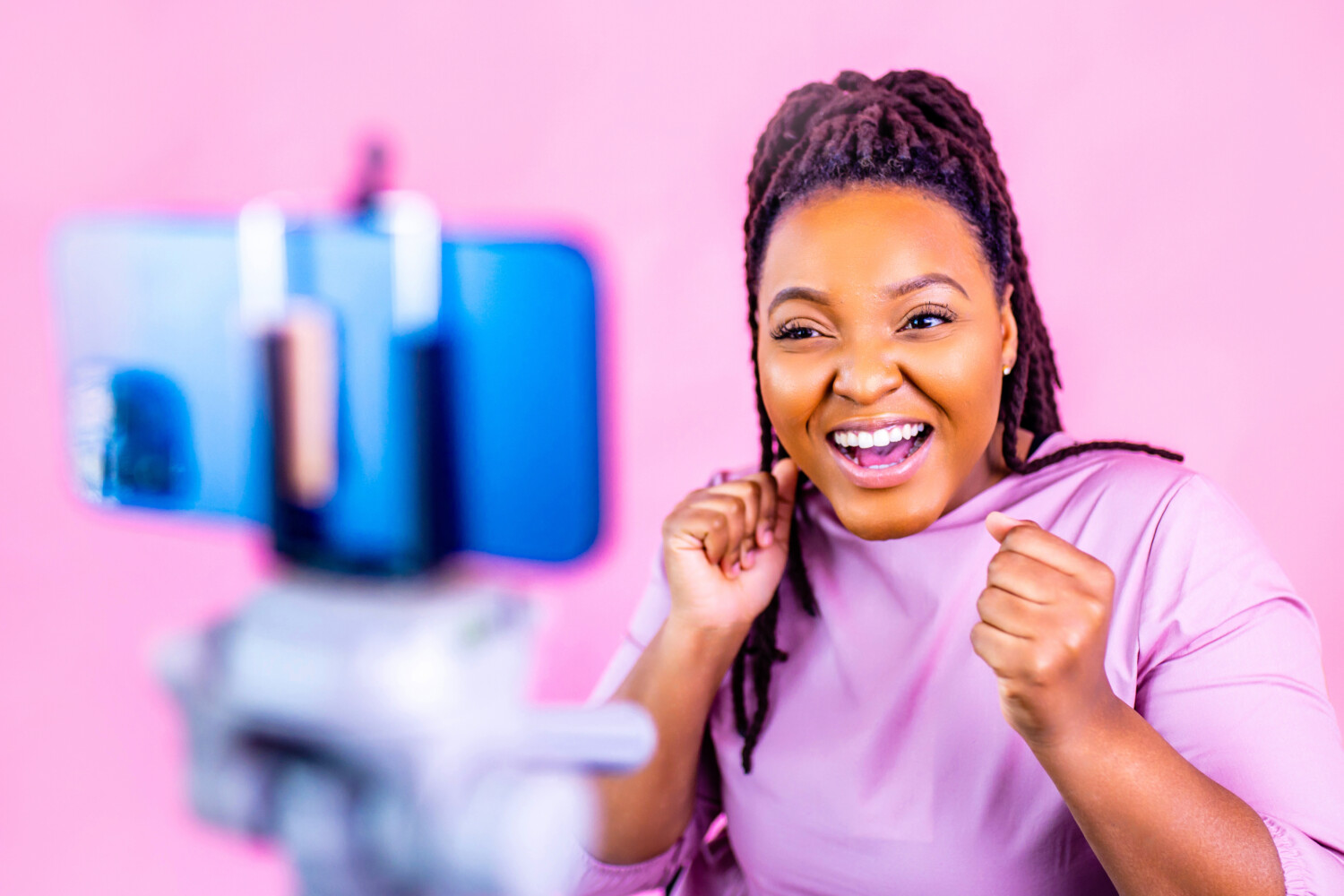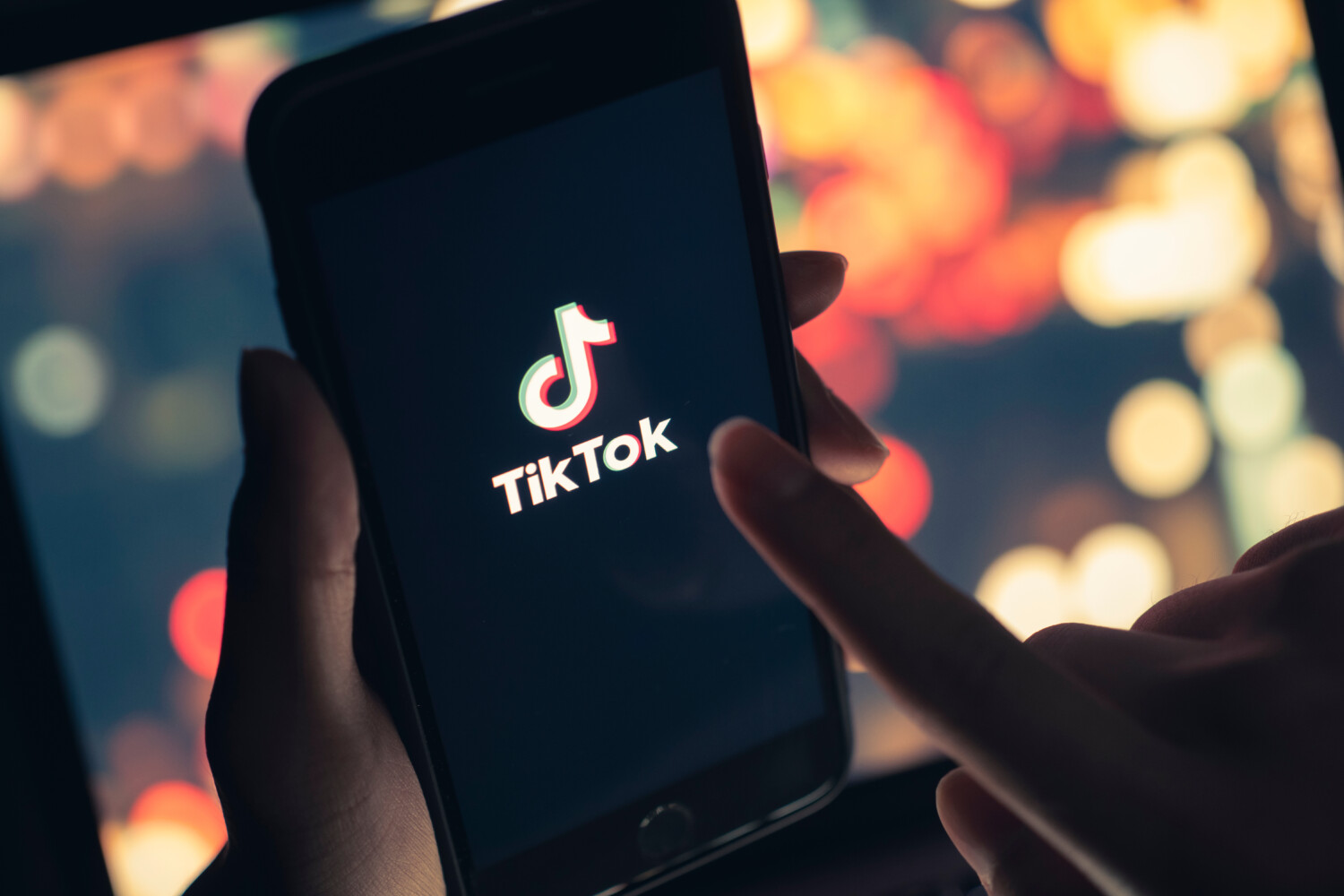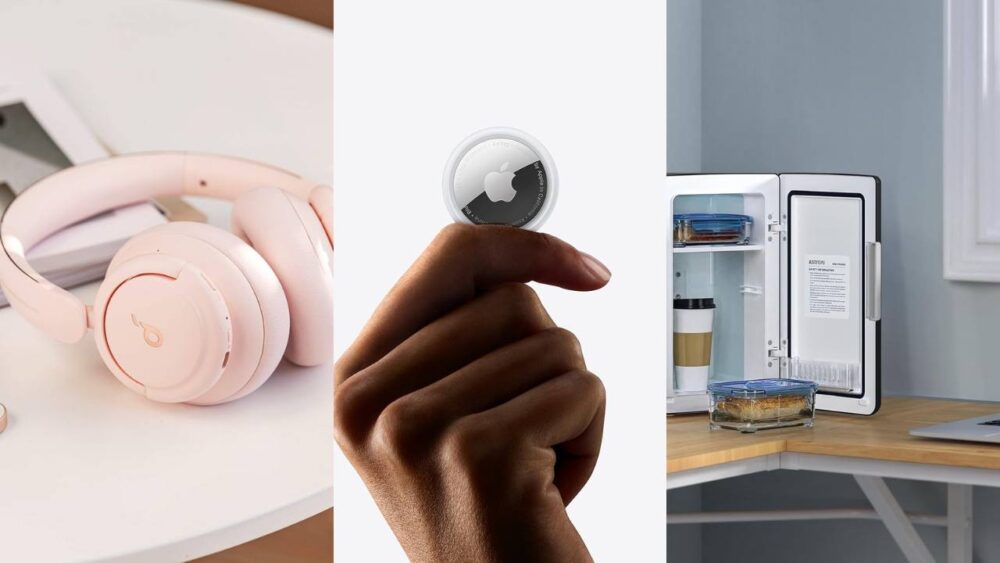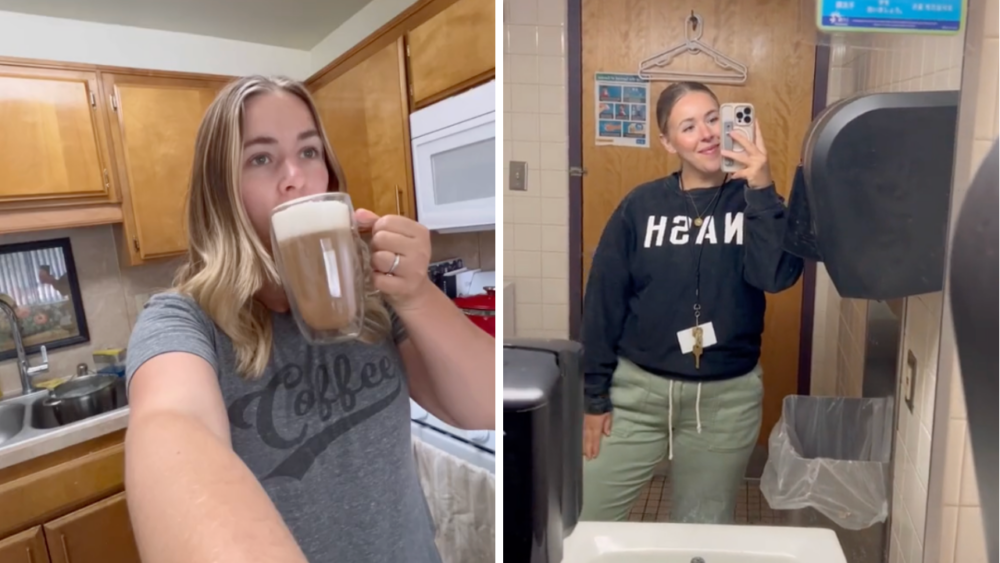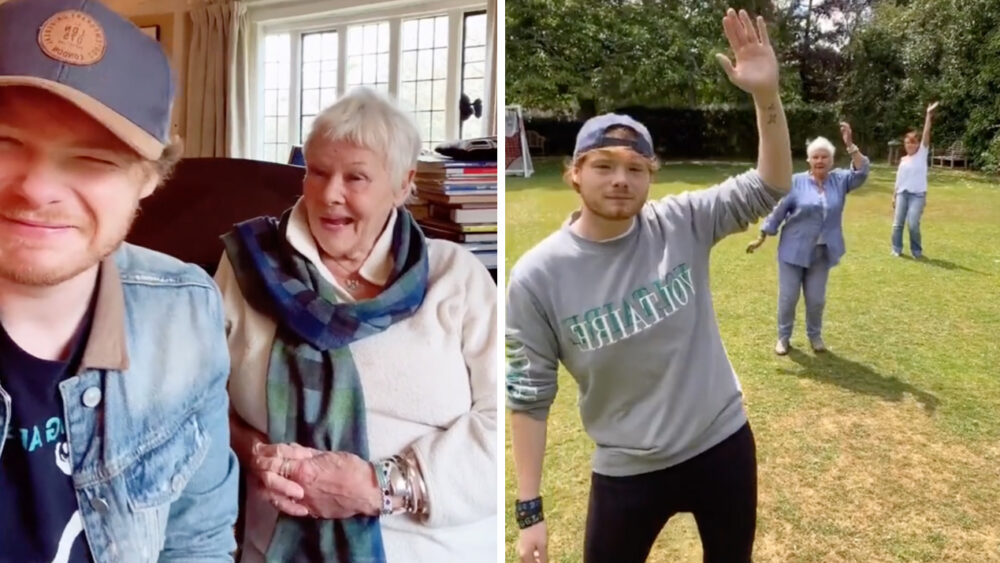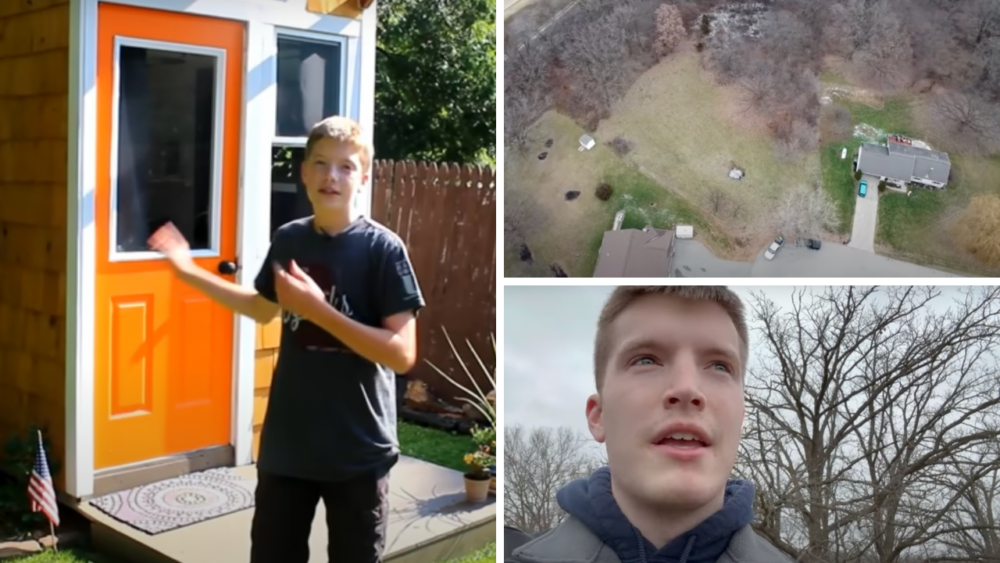TikTok adds a new feature to support mental well-being
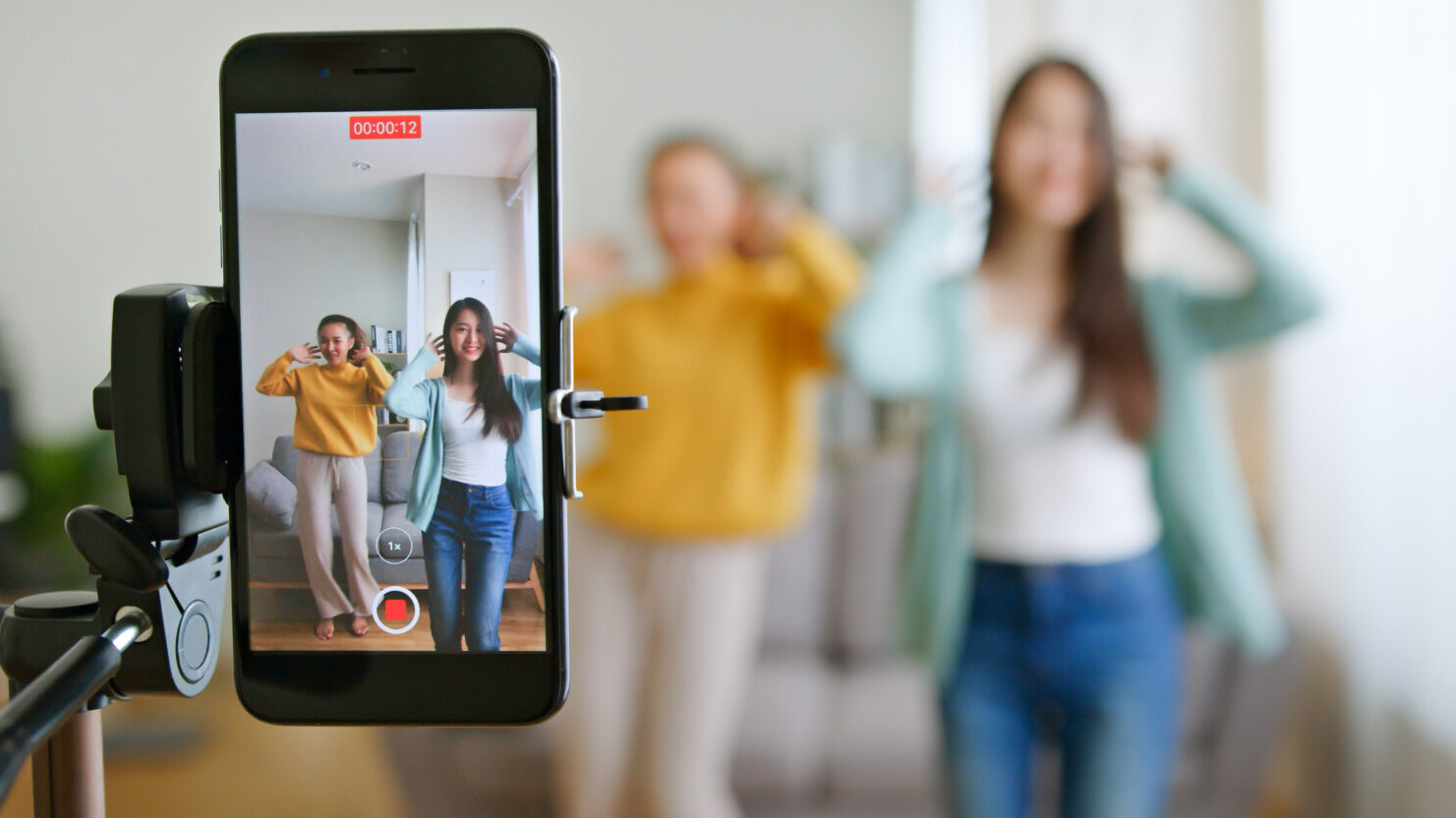
While TikTok is a source of endless entertainment including viral dance challenges, recipes and general lifestyle hacks, it’s also intent on becoming a resource for those who want to improve their mental health.
In honor of mental health awareness month, the social media platform is spearheading several initiatives this May “promoting positive mental well-being, combating stigma, and providing support to our community,” according to a recently published press release.
Some of TikTok’s efforts include donating $2 million in advertising credits to entities supporting mental health including the National Alliance on Mental Health, the American Foundation for Suicide Prevention and the Alliance for Eating Disorders among others. To further support this particular initiative, TikTok is also providing training to the organizations to help them communicate more effectively to their communities.
In addition to supporting mental health organizations, TikTok has also created a hub providing easy access to information on well-being, which can be accessed through the hashtag, #mentalhealthawareness. On the page, there is a link in the description which leads to a page spotlighting mental health creators, a tool to help filter certain keywords and comments, a tool to help manage screen time and ways to connect with organizations that support mental well-being.
While these efforts paint an overall positive picture, TikTok hasn’t always been in good graces with the public when it comes to mental health. There has been growing concern that use of the platform contributes negatively to mental health, with some politicians going as far as drawing comparisons to the drug Fentanyl when referencing its addictive nature.
Psychologists also agree that the platform’s algorithm is “very sophisticated” and “very sticky,” in an effort to keep young people engaged for longer periods of time according to CNN.
“A lot of teens describe the experience of going on TikTok and intending to spend 15 minutes and then they spend two hours and or more. That’s problematic because the more time a teen spends on social media, the more likely he or she is to be depressed. And that’s particularly true for at the extremes of use,” Dr. Jean Twenge explained to CNN.
However, the hope is that these newer initiatives will help counterbalance some of the negative effects of the platform, helping set users on the right track when it comes to their mental health.


